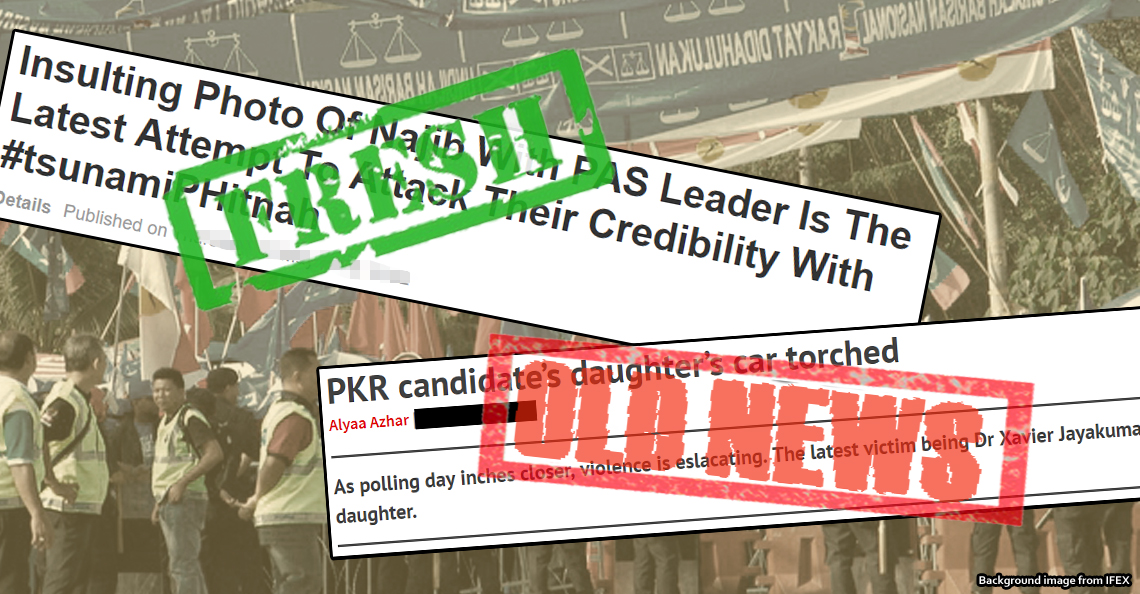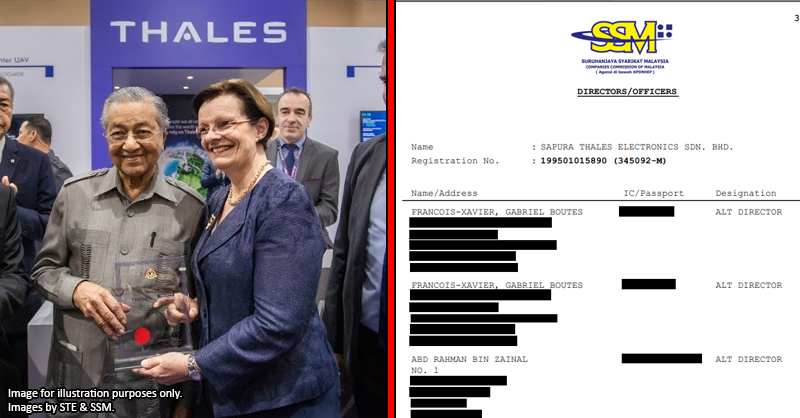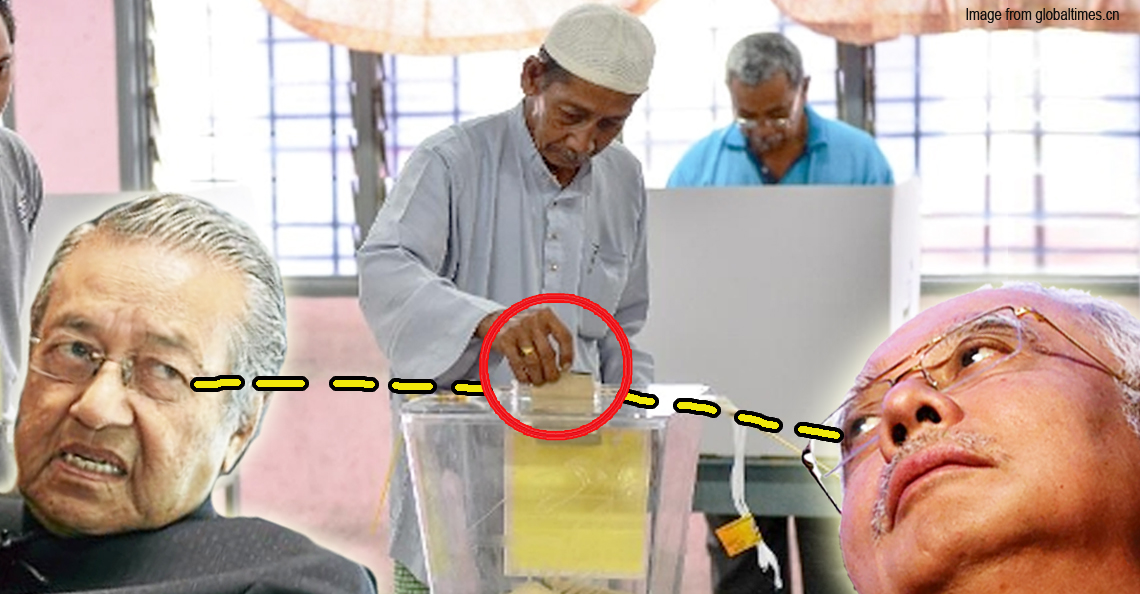Malaysian journalists get cash handouts during GE too. And not all of them reject it.
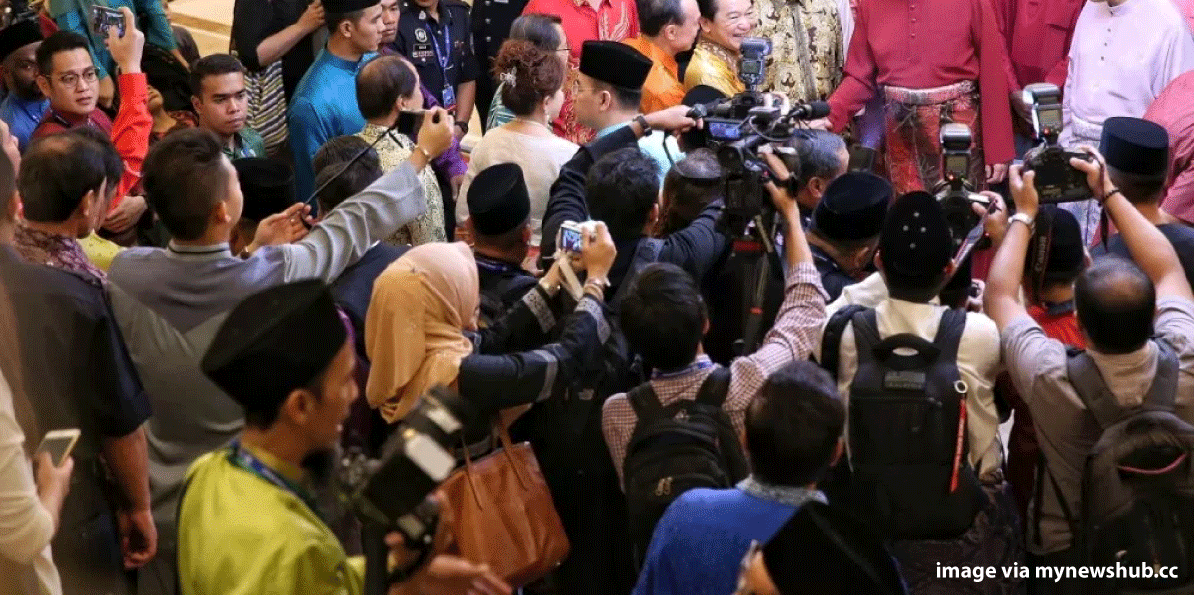
- 2.9KShares
- Facebook2.8K
- Twitter20
- LinkedIn6
- Email18
- WhatsApp62
So GE14 is getting nearer, and candidates from both sides are stepping up the giveaways of goodies and even cash to woo voters. It’s pretty much the same pattern we saw during GE13.
But during GE13, I wasn’t just a voter. I was a journalist. When I was covering one prominent candidate from Barisan Nasional, I remember one of his aides coming over to our table after a press conference and producing a stack of cash to one of the senior reporters. At another event, I was rushing to complete my story when this political aide came out of nowhere and quickly slipped a couple of RM50 notes into my pocket and cepat cepat left. These cash handouts are given under the pretext of monies to compensate the reporters’ fuel, food and drinks.
I declined politely because during our election workshop, our editors had warned us that taking money from political candidates is unethical and can land you in trouble. But my refusal to take the money was seen as rude and I was scolded by a senior reporter who said, “Ini bukan rasuah tahu? Ini duit untuk petrol kau. Makan, minum kau. Datuk bagi dengan hati baik, kau kurang ajar kenapa?“. Some reporters even made fun of me saying I was stupid not to accept the cash.
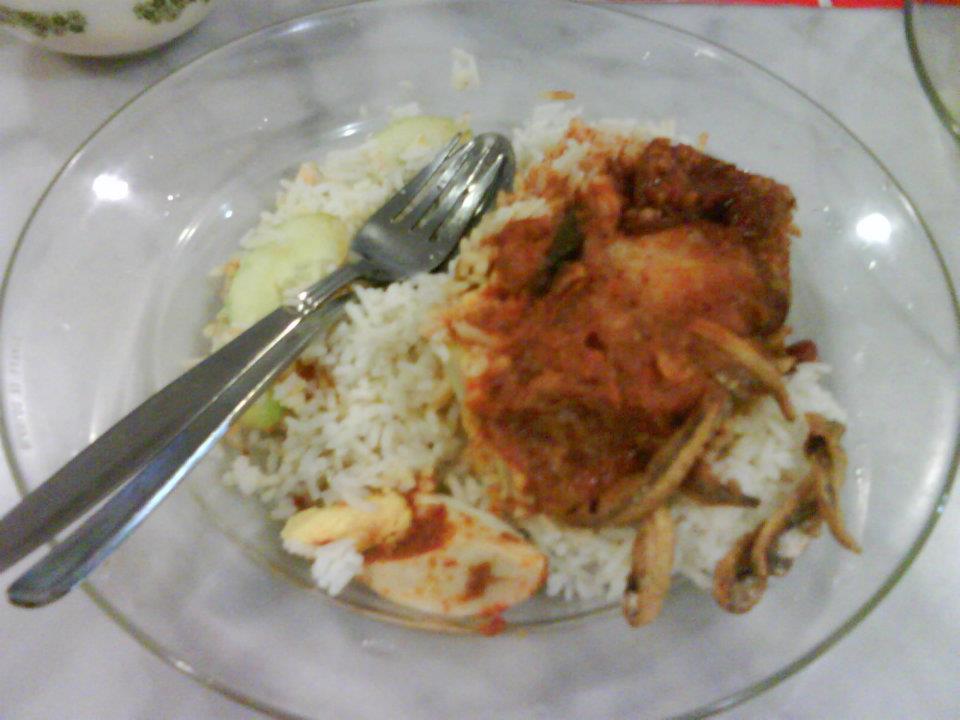
Some reporters have been taking BR1M before BR1M was even a thing

During the Kuala Terengganu by-election in 2009, dozens of media personnel were reported to be handed a white envelope containing RM 300 by a media centre. It was the first time the Malaysian public got acquainted with the term “envelope journalism” – a term used to describe cash handouts to journalists. In fact, these envelopes are also sometimes given out as colourful packets to journalists during festive seasons as well.
Like me, some journalists do say no. But sometimes, saying no requires quite alot of effort.
“They either put it on your plate, or tell your fellow reporters “Tunggu jap, Ada hadiah” so that they will come and badger you. End of the day, we take because we don’t want to attract unnecessary attention to ourselves. But when I know money is coming and the event is technically over, I rush out.” – Ram, journalist
A journalist close to nine years who wishes to be only known as Aziza says the problem is currently most rampant among smaller online portals and contract staff from the mainstream media. However, she says that female journalists, especially Muslims, can use their gender and religion to their advantage.
“Being a girl wearing tudung has an advantage because I can just avoid from shaking hands with them,” – Aziza, journalist
“I don’t really go for ceramahs, so I’ve not personally received a cash handout from politicians before, but I know many journalists who have. Politicians aren’t the only ones tho… Big brands do it too. They’re given out in weird ways like bankins, or allowances in envelopes. I’ve rejected it a few times, but I think I might have taken it once or twice in my earlier days.” – Chak, Editor-in-chief, CILISOS.my
So it comes as no surprise that many politicians and companies use this as a way to easily buddy buddy with journalists and the media so that more stories are written about them.
“Some (journalists) take it because it gives them morale boost for working. Some (politicians / companies) give it because they believe it will give them a good rapport with the journo/media company,” Radzi Razak, journalist, via email.
The 31-year-old shared with us his experience of covering a huge water company located near Bangsar which used to be headed by a certain Tan Sri who would provide cash hand outs in white envelopes to members of the media whenever they came to cover his press conferences. And there’s a good reason why it works too…
Unfortunately, journalists in this country don’t get paid much
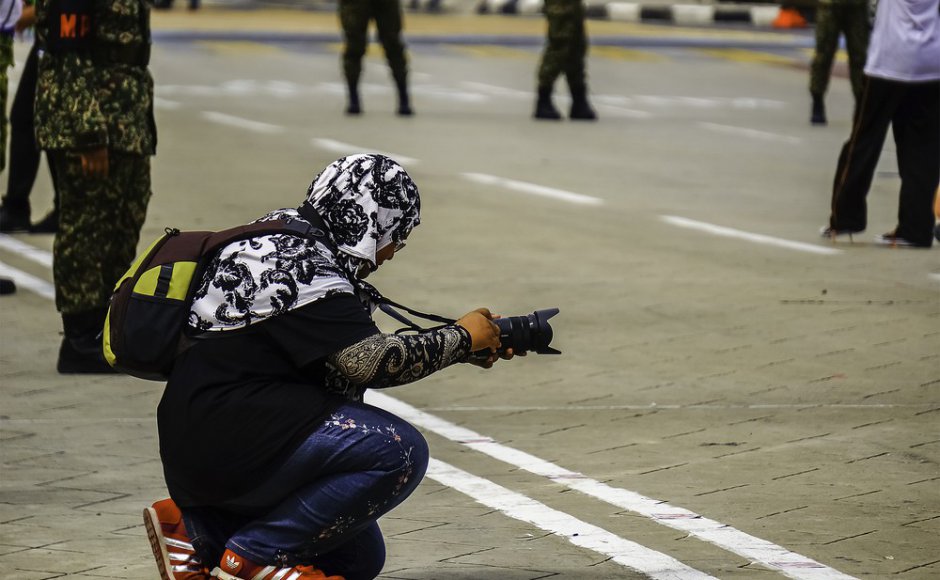
On average, journalists earn around RM45,912 a year. That’s RM 3,826 a month. Buttt this is if you’ve been working for close to ten years. A rookie journalist (a fresh grad lah) earns as little as RM 2,000. Many accept cash handouts despite claiming that the cash would not sway their reports because the moolah does help ease their financial woes because.. rise in cost of living.
No one can say when this became a practice, but these days, media companies aren’t rolling with money – which has seen a number of Malaysian publications shut down over the years. Because of this, political influence in journalism isn’t uncommon. Even Jho Low was once rumoured to own a stake in the Malaysian Insider.
Which is why it’s no surprise that some journalists feel that if your company is already being funded by these political parties, then it’s not so wrong accepting cash hand outs from their candidates, kan? Kan?? This leads us to the bigger question..
But what does this mean for Malaysia?
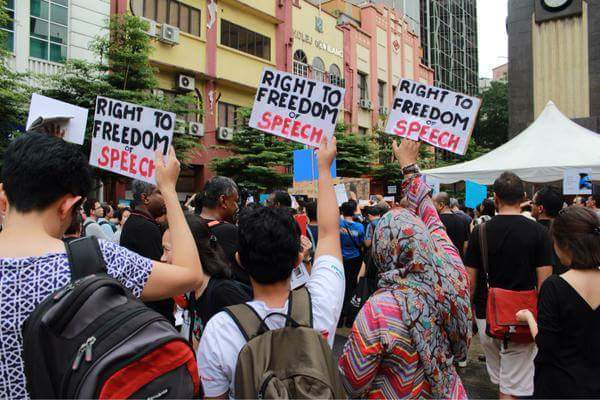
Here’s where we come to the crux of the issue. The media and press are considered the fourth estate – that balances a country’s power. FYI the other 3 estates (according to old European beliefs) are royalty, religious bodies and the rakyat.
Why media so powderful? Because without them, the rakyat won’t know what’s going on, and thus can’t fully capitalise on their power. Thus, it’s the role of the media to observe and report the news as it is. The media MUST strive to be fair, balanced and truthful in their report.
“The reason for any politician/company providing a writer cash for them to cover their events is so that only positive things are written about them. A fair journalist would never let cash affect their objectiveness of a story,” – Radzi
But then again, some journalists can still be swayed to angle their news stories in favour of the person who provides cash handouts. And this is precisely why the Institute of Journalism (IoJ) Malaysia is against the practice.
“As an organisation pushing for better media ethics in this country, we obviously condemn the giving and taking of cash handouts – especially during the crucial election period. The practice compromises the core of an industry that is meant to be based on accuracy, fairness and independence.” – The Institute of Journalists Malaysia to CILISOS
Under MACC’s law, if the person giving or accepting cash handouts is found guilty, both parties can be jailed up to 20 years and fined five times the amount of the cash handout. However, our Election Commission has deemed that cash allowances are legal, as long as it comes with no strings attached.
At the end of the day, as the IOJ has mentioned, it comes down to enforcement by media agencies, and our journalists themselves.
“There is no doubt that journalism is not the most financially rewarding field, and we also realise that there is the unspoken pressure of not wanting to “anger” the sources of these handouts. However, we need to remember why we chose this path If we journalists allow ourselves to be bought easily, how can we expect readers to trust our reporting?
On the other side, if those who offer such handouts wish to truly support good and honest journalism, they would better serve the industry by donating to media development programmes. We call on all newsrooms to actively adopt a zero tolerance policy for such handouts if they have not done so already.” – The Institute of Journalists Malaysia
All said, journalism, just like any other job, is a career that brings food to the table. It is also one of the most unique and rewarding because you get to experience and write about different things everyday, be the first to know, and meet lots of interesting people along the way.
Despite this, I quit my job a year after the elections, and I’ve decided to focus my time on the arts.
- 2.9KShares
- Facebook2.8K
- Twitter20
- LinkedIn6
- Email18
- WhatsApp62

